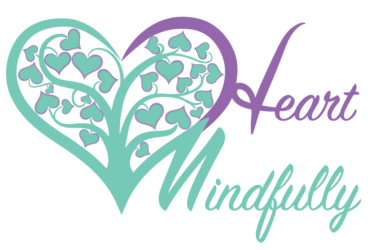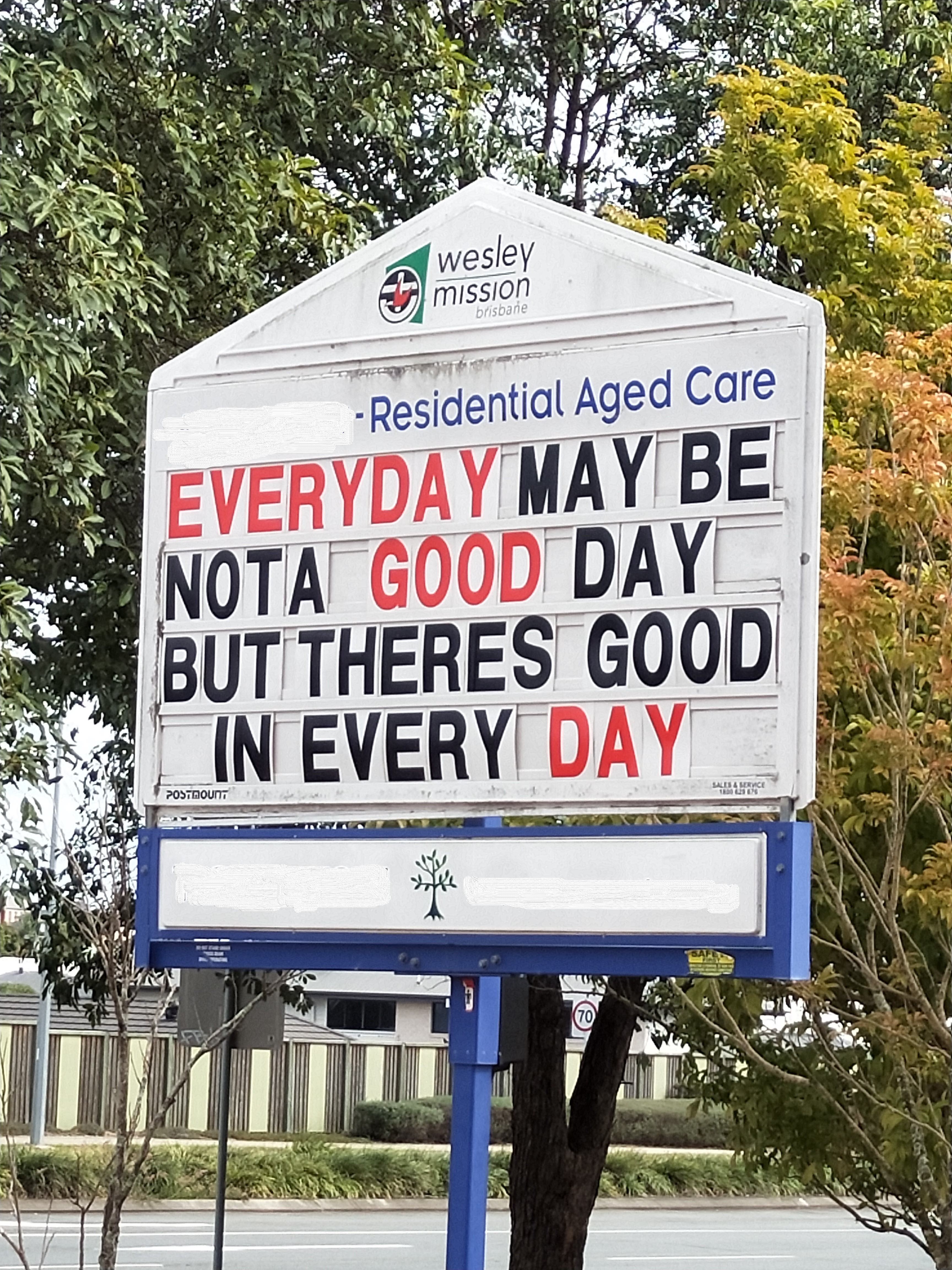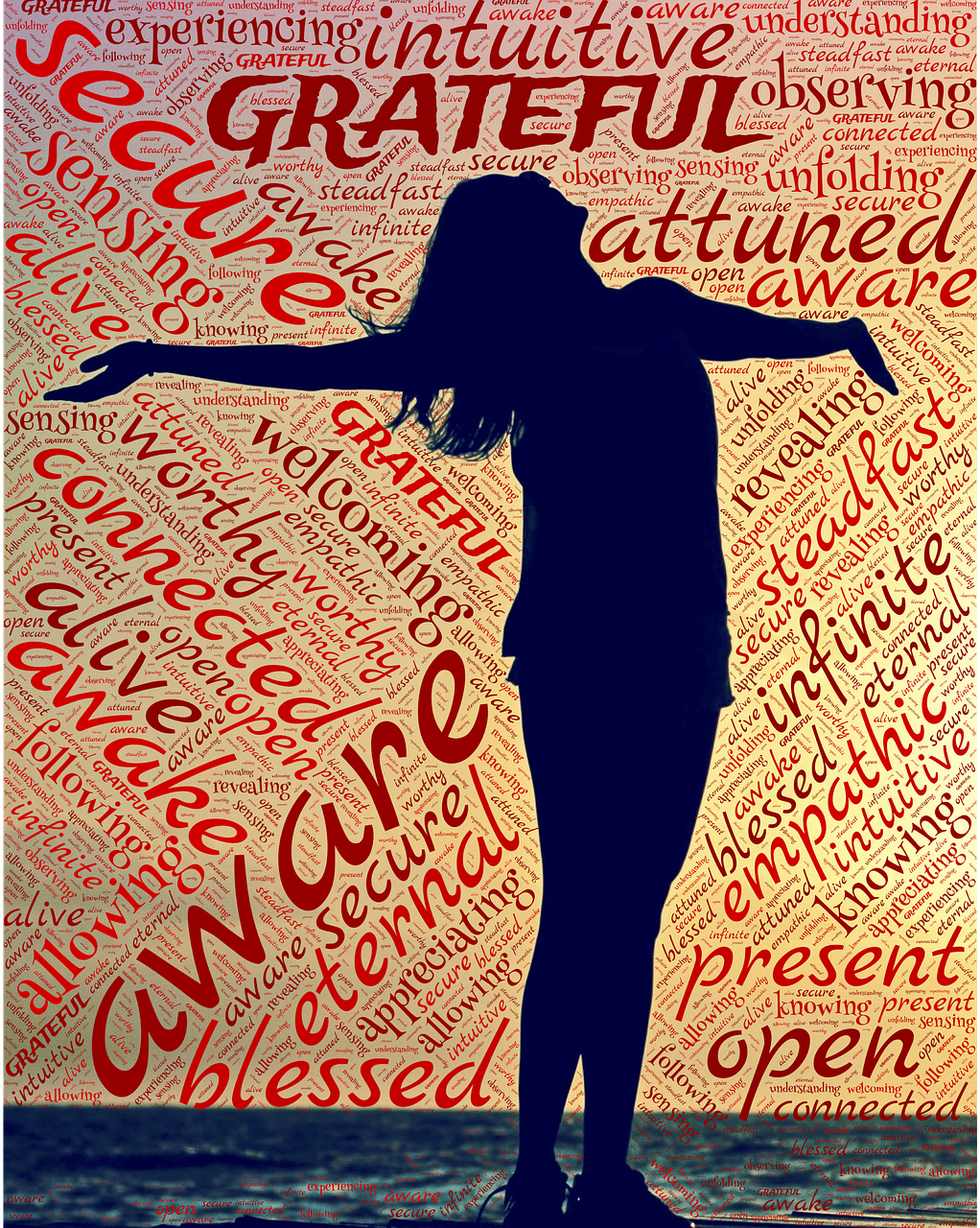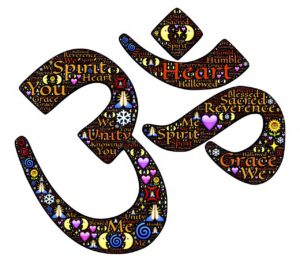How to Turn Your Day Around
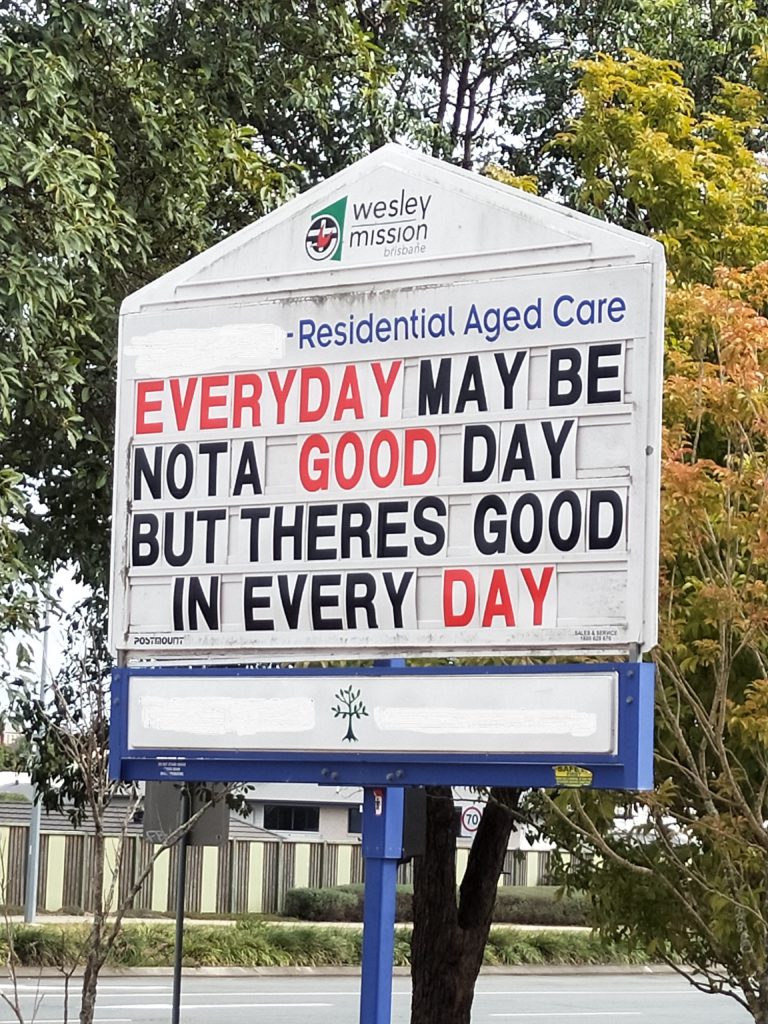
I saw this quote on a board out the front of a nursing home and thought this was very apt for all of us. What does it mean to have a good day? How can you learn to say it was a good day when things just don’t go your way sometimes?
We don’t always have good days. Some days just don’t end up the way we intended. Sometimes, we make mistakes, we say something stupid. Or maybe things don’t happen the way we were hoping. Perhaps you hear some devastating news, or something tragic happens. There are things we can control, things we can’t control and things that simply just happen. When we happen to have one of those not=so=good days, it’s important to not take them to heart. We need to self-preserve and not let things get out of proportion.
Reframe It
Reframing is a very handy tool in our coping strategies toolbox. When you can see things from a different perspective it can change the way we feel about it and change our responses. The above quote helps to reframe a bad day and think about how to look for things that happen within that bad day and see them differently.
Here’s a possible day:
Bad Day
You’ve been to the dentist, you’ve had to pay a stupid amount of money to get one tooth fixed. this has increased your stress levels. That money was going towards your new laptop. Instead, you have to put it towards that darned tooth. How frustrating. During that same day, your kids are driving you crazy with their constant fighting. Then you say something to a friend that came out the wrong way which triggers your anxiety. Now you feel this ongoing anxiety with its relentless critical barrage of thoughts running around your mind making you feel worse.
Same-Day but See the Good

You can reframe your dentist appointment by saying to yourself, ‘I am able to keep my teeth healthy. I am no longer be in pain’. Also, remind yourself that you actually had the money to be able to pay for the emergency dental appointment. This took the stress away from figuring out how you will pay for it.
You get a random hug from your eldest daughter and you go for a walk with your dog.
You spent valuable heartfelt time with your friend who was very understanding and compassionate. Even though you said the wrong thing to your friend, they talk about it with you and you feel better for it. The reframe here is, “it’s helped me talk more openly with my friend instead of allowing the anxiety to take over.’
When we notice and become aware of the positives from our day, it can actually help the anxiety lower, as we focus on something else rather than fueling the anxious thoughts. For more ways to deal with anxiety pop over here and have a read.
Within this day, although having to spend hard-earned cash on a tooth might seem like it’s a bad thing, you also had some really cool, positive things that happened too. By reframing the way you perceive the events, you can shift your emotional response to them.
Acceptance
Being able to accept that events have turned out the way they have will help in being able to release the negative feelings about it. Instead helps to sit with what happened. This creates less resistance around the event and lowers the feeling in response. Finding ways to sit with the way things go allows one to find acceptance in it. This doesn’t mean that you accept being treated like crap if that happened. It’s about letting go of your internal battle inside your mind of trying to either get rid of the feeling or wish things didn’t happen the way they did.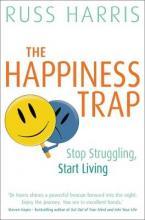
We all have an observer part of our mind. It’s the part of our mind that can witness what we are doing, notice how we think. Notice how we respond. When you can become the observer and notice how you think, feel, act, this can help in being able to create distance with the negative thoughts that rampage through our minds. By noticing and being aware of the thoughts instead of resisting them, we can accept them being there. Even find it easier to handle the thoughts being there. Then we might also be able to notice the other parts of our day instead of just the ones that stand out as being awful/bad/crap etc.
End of the Day
At the end of your day, be sure to write down at least one thing that went well during the day. Something you can say that allows you to have bring to mind the good parts of your day.
- Ask yourself, “What happened today that went well?’
Maybe your child gave you a random unprompted hug which brought a smile to your face. Maybe it was having someone shout you a coffee during the day.
Focus on remembering what was more pleasant or positive than the other not-so-good parts of your day. This shifts your focus from negative to more positive.
- Write down things you are grateful for if you are struggling to remember any of the good parts of your day. There are many benefits to being grateful that I’ve written about here.
When we think of the positives at the end of the day before we drift off to sleep, we are allowing our brains to simmer for the next 7-8 hours on this which can help with waking up with a positive refreshed focus for beginning a new day.
- Hypnosis – Another way to do this can be to do a guided hypnosis every night before drifting off to a deep slumber. Here’s a freebie to get you started.
Final Thoughts
Everyone has a bad day here and there. It’s how you deal with it that determines whether it actually is the whole day that went sour or look at it from a different perspective to keep it in perspective. Think about what were the good bits that happened in your day.
Reframing, acceptance, and gratitude are all ways to help shift the way we see things no matter what they are. It can relieve stress, and shift a negative mood to a positive one.

